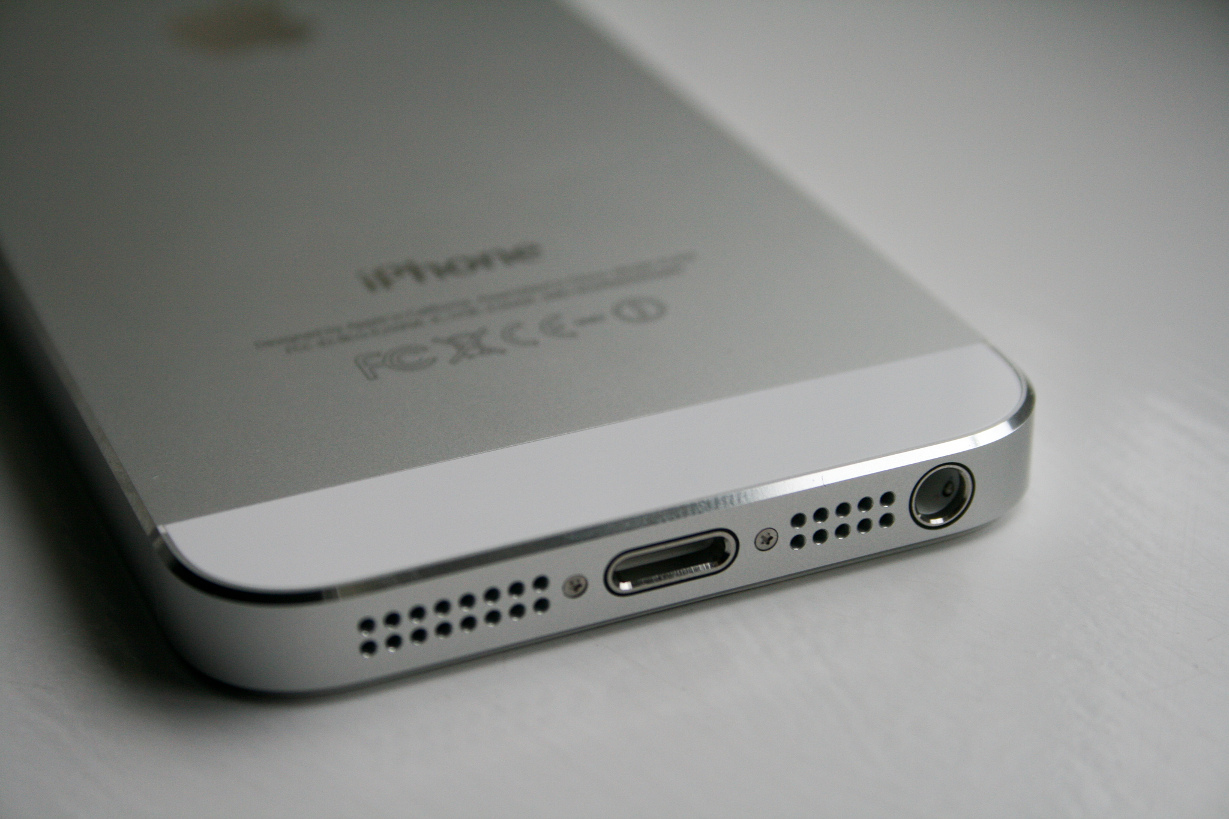An ode to the audio jack as an engineering marvel

Plenty of folks have bemoaned the disappearance of the audio jack from phones. Among other problems, it'll create "DRM for audio", since any sound that reaches your need-to-charge-them-all-the-time earbuds will now be served up by software-defined bluetooth -- so phone- and app-makers will be able to conduct man-in-the-middle attacks on your music-listening, halting any signals they don't like or don't approve of.
All well-discussed problems! But here, Charlie Hoey writes something deeper -- a lovely ode to the audio jack as a vestige of sheerly analog engineering.
As he notes, the audio jack speaks in the language of voltage. This grounds it in the world of pure physics, and makes it hackable for all sorts of weird and unexpected purposes, like the way Stripe uses it to read the magstripes on bank-cards:
The series of voltages a headphone jack creates is immediately understandable and usable with the most basic tools. If you coil up some copper, and put a magnet in the middle, and then hook each side of the coil up to your phone's headphone jack, it would make sounds. They would not be pleasant or loud, but they would be tangible and human-scale and understandable. It's a part of your phone that can read and produce electrical vibrations. [snip]Entrepreneurs and engineers will lose access to a nearly universal, license-free I/O port. Independent headphone manufacturers will be forced into a dongle-bound second-class citizenry. Companies like Square"-"which made brilliant use of the headphone/microphone jack to produce credit card readers that are cheap enough to just give away for free"-"will be hit with extra licensing fees.
Because a voltage is just a voltage. Beyond an input range, nobody can define what you do with it. In the case of the Square magstripe reader, it is powered by the energy generally used to drive speakers (harvesting the energy of a sine wave being played over the headphones), and it transmits data to the microphone input. [snip]
I don't know exactly how losing direct access to our signals will harm us, but doesn't it feel like it's going to somehow? Like we may get so far removed from how our devices work, by licenses and DRM, dongles and adapters that we no longer even want to understand them? There's beauty in the transformation of sound waves to electricity through a microphone, and then from electricity back to sound again through a speaker coil. It is pleasant to understand. Compare that to understanding, say, the latest BlueTooth API. One's an arbitrary and fleeting manmade abstraction, the other a mysterious and dazzlingly convenient property of the natural world.
(CC-licensed image via William Hook)